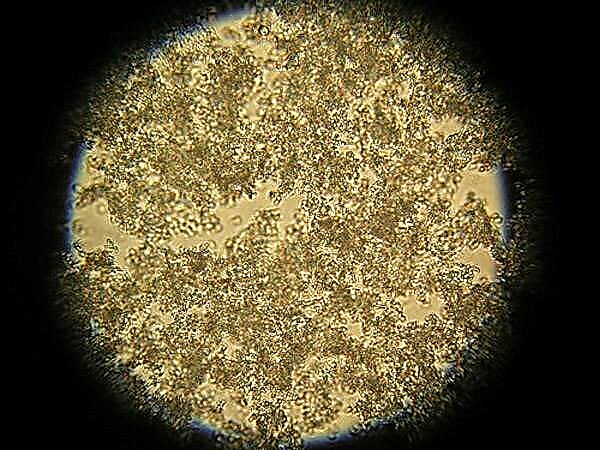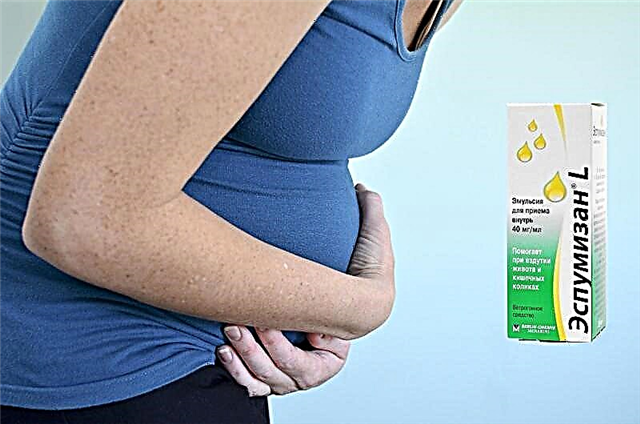Breastfeeding strengthens the emotional bond between mother and baby, provides the newborn with the necessary substances, and forms immunity. Therefore, many women are determined to breastfeed their baby for as long as possible. But often, when lactation is developing, young mothers have many questions:

1. Will I be able to breastfeed my baby? The answer is clear: it will work! Every healthy woman is able to naturally feed her baby, regardless of breast size, physique, age. This requires the desire of the mother herself. If you doubt your abilities, you need to familiarize yourself with the basic rules of breastfeeding, the technique of latching to the breast, and the formation of lactation will be successful.
2. If in the first days milk does not come, is it necessary to supplement with a mixture? There is no need to feed a newborn. In the first days, the mother excretes colostrum, it has a high nutritional value. Therefore, even a few drops of it are enough for a newborn to saturate. In addition, during supplementation, the number of attachments to the breast decreases, which delays the arrival of milk from the mother. Apply the baby to the breast and as often as possible on demand and the milk will arrive soon.
3. The baby is losing weight - does it mean he is not eating enough? When discharged from the hospital, all babies weigh less than at birth. This is independent of the amount of milk the newborn consumes. Weight loss is associated with the following reasons:
- Excretion of fluid through the skin;
- Passing urine;
- Discharge of original feces (meconium);
- The stress of a newborn: from a warm, cozy tummy, he fell into a huge unknown world.
It is considered normal to lose weight to 10% of body weight at birth, usually after returning home, the baby will quickly gain what was lost.
4. How often to breastfeed a newborn? Feed your baby on demand: Offer breast when he is anxious. In the early days, the baby may need a breast every 30 minutes. When milk arrives, the intervals between feedings become longer, but not immediately regular, or equal to 3 hours (as some say). Feeding on demand will ensure that the baby is producing the amount of milk the baby needs.
5. Do I need to express milk between feedings? No extra pumping is required for on-demand feeding. At first, there may be more milk than the child needs, but over time this will normalize. It is necessary to express milk in the following cases:
- When the baby does not take the breast, or for health reasons is separated from the mother;
- When there is too much milk and engorgement of the mammary glands occurs, lactostasis or mastitis begins;
- When there are deep painful cracks in the nipples;
- When the mother is taking medications that are contraindicated in breastfeeding.
6. How long should the baby breastfeed? The baby will suckle as long as it needs to. Sucking time can range from 5 minutes to 2 hours. In one case, the baby wants to eat, in the other - to drink, in the third he just needs mother's warmth.
7. Do I need to wash my breasts before feeding? This is not necessary. It is enough to take a daily shower with regular baby soap. Do not use deodorized and antibacterial products: they often cause allergies in babies and neutralize beneficial bacteria. In case of sweating or excessive milk leakage, you can simply rinse your breast with warm water just before feeding.
8. Should I give my baby a pacifier? No, you shouldn't. By satisfying the sucking reflex with the nipple, the baby will breastfeed less often. Accordingly, the mother will have less breast milk. Using a pacifier can also lead to improper grip and even breastfeeding. We also read: how to wean a child from a dummy
9. Is it necessary to add water to the newborn? No, a newborn does not need water, because breast milk is 90% water. Even colostrum can fully satisfy a baby's thirst. Water has no calories, so it can cause additional weight loss or underweight.
10. Does the baby have enough milk? You can find out about this in two simple ways:
- The amount of urination. An infant should have 12 or more of them per day. The urine is colorless or pale yellow, odorless. This criterion is true if the child is not given water or medication.
- Weight gain. A healthy baby gains at least 120 g in weight per week (excluding the time spent in the hospital), the monthly weight gain can range from 0.5 to 2 kg (We also read: normal weight gain).
The mother's breast is not only a means of saturating a baby, but also a way of communicating with the world, satisfying the need for love, affection and tenderness. Breastfeed your baby and have fun!



